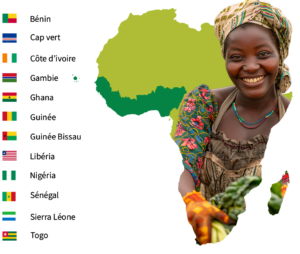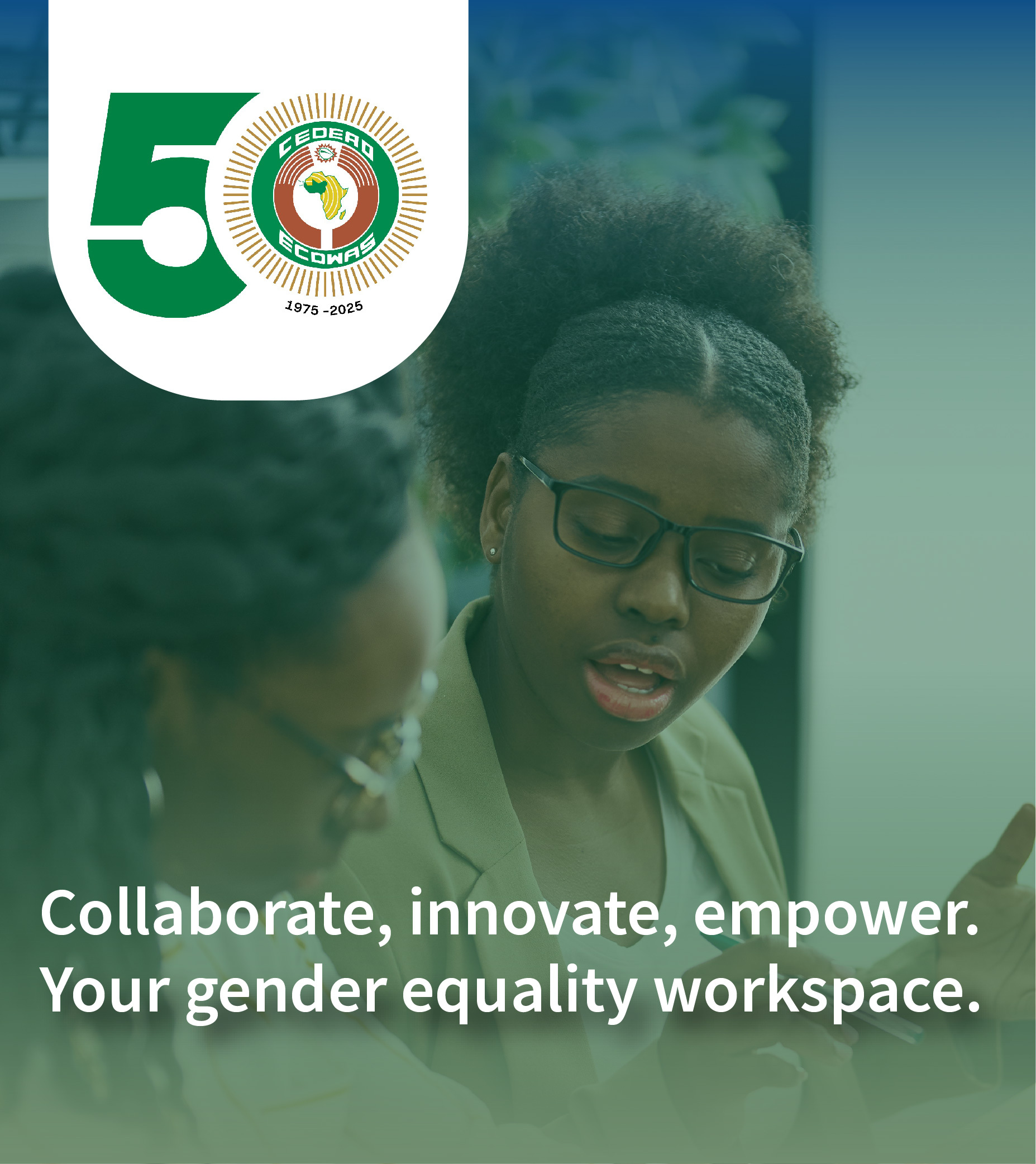Agricultural Food Processing

The technical and financial support program for women involved in the processing of agricultural, fishery, and craft products, implemented by the EGDC since 2010, provides support in the form of grants, equipment, and capacity building. The program’s implementation focuses on economic activities aimed at reducing poverty and helping women’s groups improve their living conditions.
It aims to strengthen the economic empowerment of women and raise awareness among women entrepreneurs about creating networks with other African women entrepreneurs. It also creates spaces for knowledge exchange and sharing of financial and non-financial information, while offering market diversification opportunities.
In recent years, the program’s scope has been expanded to include young women entrepreneurs in agro-industry, incubation centers, startups, or digital jobs, as well as women working in plastic recycling and green jobs.

Given the increasing involvement of women in agro-industrial transformation in the region, the EGDC deemed it necessary to establish a Regional Steering Committee for the Transformation Program to better coordinate the actions taken in its implementation. The role of the Regional Committee is to regularly assess the progress of the Agricultural Transformation Program in the four selected countries and to develop/update a roadmap and national execution strategies.
This program is also characterized by its ambition to promote the development of sustainable initiatives that would mobilize various institutional and financial actors. This is reflected in the EGDC’s 2025-2027 strategy, which pays particular attention to several current themes, including climate change. Thus, the Transformation Program, in its current dynamic, seeks to encourage women entrepreneurs to develop activities in sectors such as the green economy and transition (including startups or digital jobs, plastic recycling, green jobs, among others), energy efficiency, and the use of renewable energy. These are indeed important and emerging sectors where women play a key role and could be further supported to strengthen their capacity and reduce their vulnerability to environmental challenges.
This new approach by the EGDC thus involves working in partnership with other organizations, including the West African Regional Agency for Agriculture and Food (ARAA), UN Women, and the Regional Centre for Renewable Energy and Energy Efficiency (CEREEC/ECREEE), as well as other institutions committed to the economic empowerment of women and sensitive to climate and green economy issues. The implementation methodology will continue to consist of capacity-building training supported by significant financial aid provided to women following national calls for projects, widely disseminated to inform and mobilize a larger number of women entrepreneurs.
Related News
La CEDEAO lance officiellement l’écosystème digital du ccdg à Saly-Portudal, Sénégal
Le Centre de la CEDEAO pour le Développement du Genre (CCDG), sous le leadership de Prof. Fatou SOW SARR, Commissaire...
ECOWAS promotes the gender equality seal for public institutions (GES-PI) within its Bank for Investment and Development (EBID) in Lomé
The Conference Hall of the ECOWAS Bank for Investment and Development (EBID) hosted, on Wednesday 17 December 2025 in Lomé,...
A new stage in the partnership between the ECOWAS gender development centre (EGDC) and the Folke Bernadotte academy to strengthen the peace and security architecture in west Africa
On the 10th of December 2025 in Abuja, Federal Republic of Nigeria, Prof. Fatou SOW SARR, Commissioner for Human Development and...
ECOWAS trains judicial, health and social actors in Liberia on preventing and responding to GBV and sexual harassment in Monrovia
The Economic Community of West African States (ECOWAS), through its Gender Development Centre (EGDC) organised a national training workshop on...
ECOWAS-AECID coordination meeting: reviewing cooperation and planning for 2026
The Economic Community of West African States (ECOWAS) and the Spanish Agency for International Development Cooperation (AECID) held a virtual...




